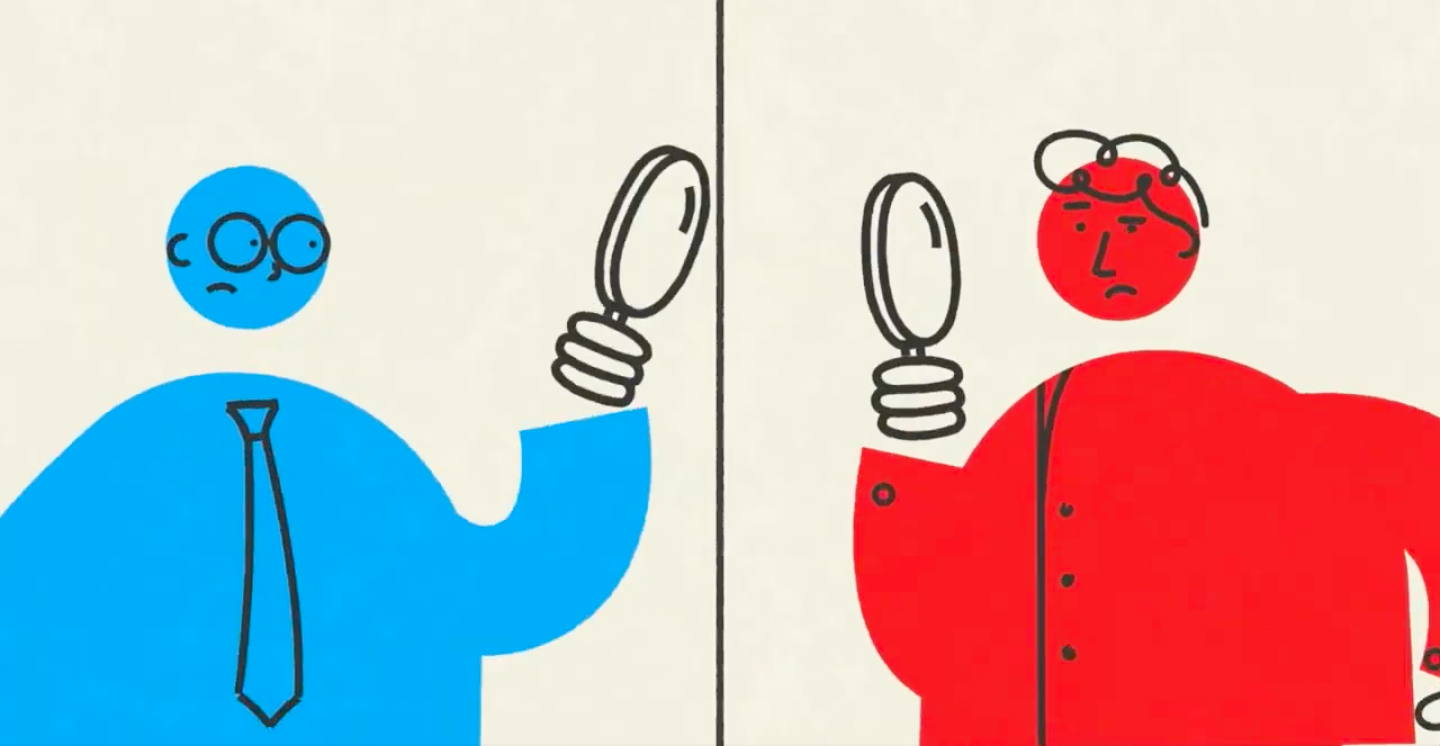Beyond Conflict and its research partners find that Democrats and Republicans significantly underestimate opposing parties’ support for key democratic norms.
Published in the journal Scientific Reports, a new study finds that Democrats and Republicans highly value democratic principles, but significantly underestimate how much members of their opposing party share their sentiments. Such gross misperceptions pose a great risk to the future of American democracy.
As lead author, Dr. Michael Pasek, highlights: “For democracy to work in practice, people not only need to value democratic principles, but also to believe that their opponents do too. If people believe that the other party will undermine democratic norms for their party’s benefit, they may perceive anti-democratic behaviors within their own party as justified, even necessary.”
Understanding the role our perceptions play in strengthening democratic norms offers important insights at this vulnerable moment in the United States.
Through two nationally representative surveys, the researchers found that both Democrats and Republicans highly value basic democratic principles, such as protections of basic rights and restraints on the abuse of power. When asked to estimate how much the average member of both their own and their opposing party would value the same characteristics, Democrats and Republicans both vastly underestimated the opposing party’s position.
Democrats estimated that an average Democrat valued democratic characteristics 56% (in study 1) and 77% (in study 2) more than the average Republican.
Similarly, Republicans estimated that the average Republican valued democratic characteristics 82% (in study 1) and 88% (in study 2) more than the average Democrat.
The research further shows that respondents who hold larger misperceptions of their opposing party members’ values are more willing to subvert the same democratic principles they claim to value, potentially fueling a downward spiral undermining democratic health.
Amid rising support for political violence and authoritarian policies, Americans are increasingly growing further apart – from where they live to where they get their news. With American democracy seemingly hanging in the balance, this research posits that such grossly inaccurate perceptions of opposing party members serve as evidence of an alarming “us vs. them” dynamic that has converted parties from camps of ideological disagreement into warring tribes. The more that people associate with a single group, the stronger or more salient that identity becomes, tapping into psychological biases that drive extreme and reciprocal perceptions, beliefs, and behaviors of dislike, dehumanization, and a deep fear of “the other.” Further entrenched by anti-democratic behaviors and statements made by some political elites, such misperceptions, if left uncorrected, can worsen these already exacerbated divides.
As Dr. Samantha Moore-Berg, a co-author on the study, explains “the more we understand the important dynamics of misperceptions, the more tools and strategies we will have to address deepening divides.”
With the primary goal of strengthening democracy in the United States, Beyond Conflict and its partners are carrying out cutting edge research and developing new evidence-based interventions to better address the psychological forces that shape and drive deepening identity-based polarization.
Beyond Conflict’s reports, America’s Divided Mind: Understanding the Psychology that Divides Us (2020), and Renewing American Democracy: Navigating a Changing Nation (2022) were developed to improve our understanding of how growing polarization is shaping our psychology as Americans. Each report provides recommendations for what Americans can do to reduce toxic division and repair our corroding democracy. Tools developed seek to counter partisan animosity, anti-democratic attitudes, and support for political violence, and include a video intervention to correct partisan misperceptions. The video intervention was recently announced as a winner of Stanford University’s Strengthening Democracy Challenge, for its significant effects on each of the three aforementioned dynamics.
Contributors to the paper include Michael Pasek, at the University of Illinois Chicago, Lee-Or Ankori-Karlinsky of Brown University, Alex Levy-Vene of the University of Bath, and Samantha L. Moore-Berg of the University of Pennsylvania, with support from Beyond Conflict and the Charles Koch Foundation.

Additional Resources:
LISTEN:
- NPR coverage of study results (10/1, Weekend Edition Saturday, 8:04 AM)
READ:
- Video designed to reduce toxic polarization named a top intervention by the Strengthening Democracy Challenge at Stanford University
- 2022 Report: Renewing American Democracy
- 2020 Report: America’s Divided Mind
For further inquires or questions, please contact:
Tim Phillips, Beyond Conflict CEO and Founder phillips@beyondconflictint.org
Jasmine Ramsey, Beyond Conflict Program Director jramsey@beyondconflictint.org
We invite you to join us in these efforts today:
Sign up to be a part of Beyond Conflict’s Strengthening Democracy Network to learn more, get involved, and receive developed resources and tools.
Beyond Conflict is a US-based nonprofit organization that combines three decades of experience in conflict resolution with brain and behavioral science to strengthen peace processes around the world. Over the past several years we have been deploying research from brain and behavioral science to address some of the most intractable challenges we face – from deepening identity based polarization to the causes of social division that threaten American Democracy. The America’s Divided Mind initiative includes support for a robust program of applied social scientific research designed to inform practical approaches to enable an environment for transformational social change and democratic renewal in the US.